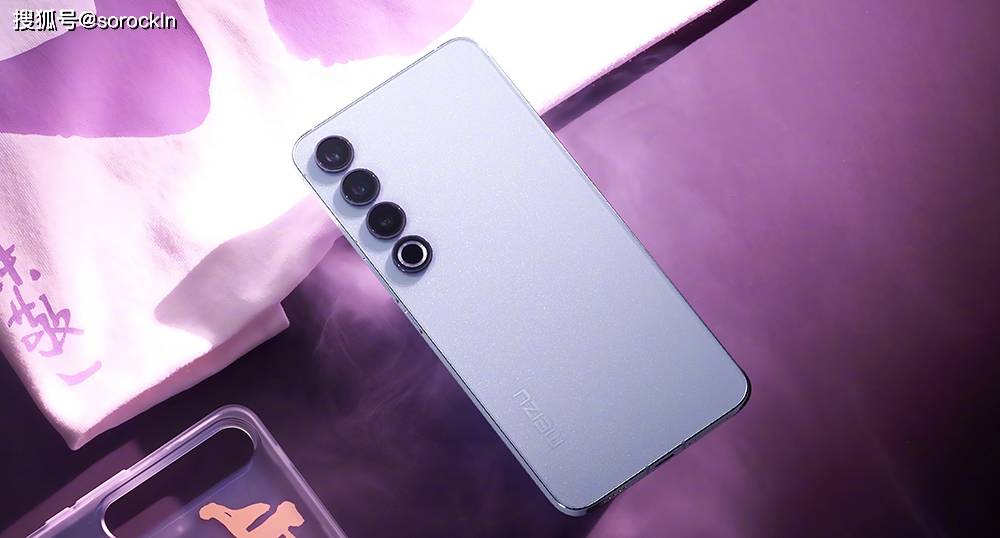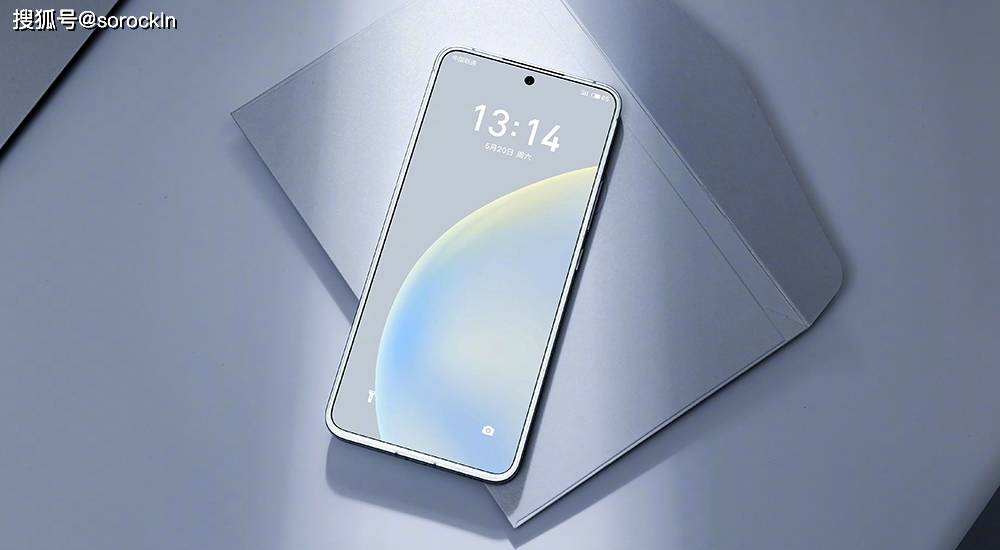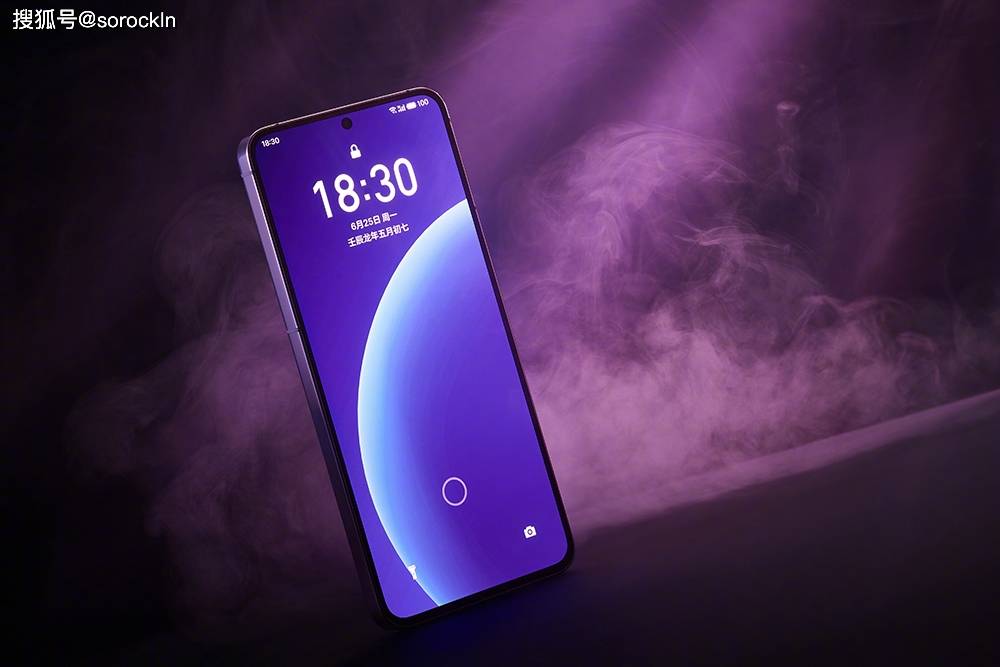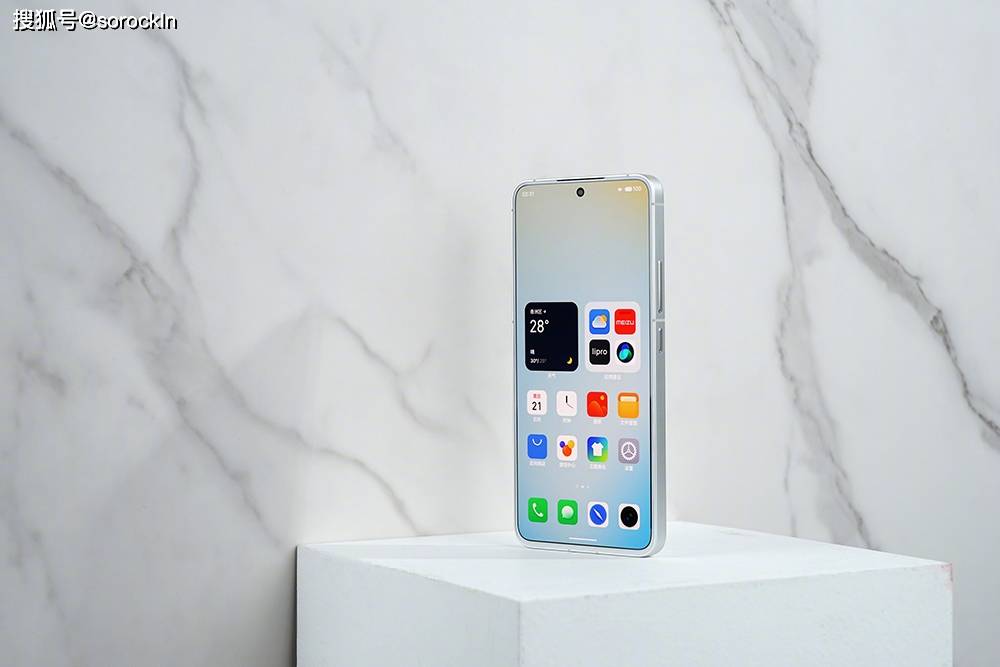Introduction of Meizu 21 Pro – The First Open AI Terminal
Meizu has introduced its first open AI terminal, the Meizu 21 Pro, completely ending its traditional smartphone business. This means that Meizu’s future products cannot be called smartphones anymore but will be named open AI terminals.
With a firm decision to embrace AI, Meizu’s previously released traditional smartphones are now being neglected, with prices continuously dropping to clear inventory rapidly. Currently, the price of Meizu 20 has plummeted below 2000 yuan, becoming the first flagship Snapdragon 8Gen2 with a price of just over 1000 yuan.

The price of Meizu 20 Pro has dropped even further compared to Meizu 20, indicating a melancholic price reduction. The initial price of the 12GB+256GB version of Meizu 20 Pro was 4399 yuan, but now it’s only 2798 yuan. The 4799 yuan 12GB+512GB version has dropped to 3098 yuan, reduced by a significant 1701 yuan.
The price reduction of Meizu 20 is due to its insufficient capabilities. Its 1080P screen cannot compete with the E6 Samsung screen, coupled with the imaging system failing to match the flagships of big factories like OV Xiaomi, making a price drop inevitable.
Despite the price cut of Meizu 20, its sales have reached a new high, receiving over 100,000 reviews on Jingdong alone, making it one of Meizu’s most successful flagship phones in recent years.

Meizu 20 Pro is the true flagship model, reaching the highest standards in all aspects. It features a 2K Samsung AMOLED flexible straight screen with E6 luminescent material, utilizing POP packaging technology. The 6.81-inch screen has ultra-narrow bezels, a peak brightness of 1800nit, supports a 120Hz refresh rate, and is certified by SGS for low blue light and low-frequency flicker, ensuring a clear display and excellent eye protection.
Both the budget Meizu 20 and the flagship Meizu 20 Pro in the Meizu 20 series use ultrasonic screen fingerprint recognition.
Until now, whether it’s the Samsung S23 series, Meizu 20 series, or phones like iQOO 11 Pro, they all employ Qualcomm’s ultrasonic screen fingerprint recognition technology. Domestic manufacturers like Huiding’s ultrasonic recognition won’t appear on phones until the second half of this year and will only feature single-finger recognition at launch, with large-scale fingerprint recognition delayed until early next year.

Ultrasonic screen fingerprint recognition technology surpasses optical screen fingerprint recognition in both speed and accuracy, but due to high costs, major companies are hesitant to adopt it. Meizu is one of the few smaller companies willing to invest in this technology regardless of the cost, providing a unique user experience.
Moreover, Meizu seems to have been away from the phone industry for too long. Surprisingly, both models of the Meizu 20 series were initially released without 16GB of RAM, all featuring 12GB. To address this, Meizu launched a separate version of the Meizu 20 with 16GB RAM, while the Meizu 20 Pro does not have a 16GB version, with the highest remaining at 12GB+512GB.
In terms of performance, they are equipped with the Snapdragon 8Gen2 processor, featuring a 4000-square millimeter large copper-alloy VC liquid cooling heat sink, achieving over 1.6 million points on the AnTuTu benchmark.
The main rear camera is a 50-megapixel Samsung GN5, with a 50-megapixel ultra-wide-angle camera as the Samsung JN1, and a 50-megapixel telephoto lens also utilizing the Samsung JN1 sensor. The 32-megapixel front camera is a Samsung GD2.

All the cameras are provided by Samsung. Unfortunately, while Samsung provides the hardware, they do not offer algorithms or assist Meizu in optimization. The gap in imaging quality between Meizu 20 Pro and other leading manufacturers is quite apparent.
Regarding battery life, it houses a 5000mAh battery, supporting a combination of 80W wired fast charging and 50W wireless fast charging. However, it lacks the IP68 rating found in high-end flagship models, only offering IP54 for dust and water resistance.
The Meizu 20 series has been selling well, with a billion yuan in sales within seconds of launch. The sales of Meizu 20 Pro are on par with Meizu 20, making it a truly hot-selling product. Yet, even the best products cannot withstand the test of time. Xiaomi, iQOO, and OnePlus have already reduced prices for their Snapdragon 8Gen2 flagships, and due to Meizu’s weaker position, their prices have been dropped even further. However, reaching this price point might be the limit.